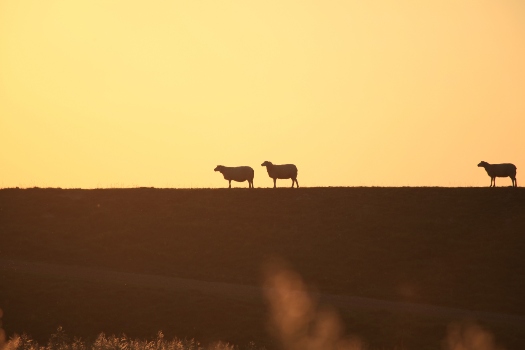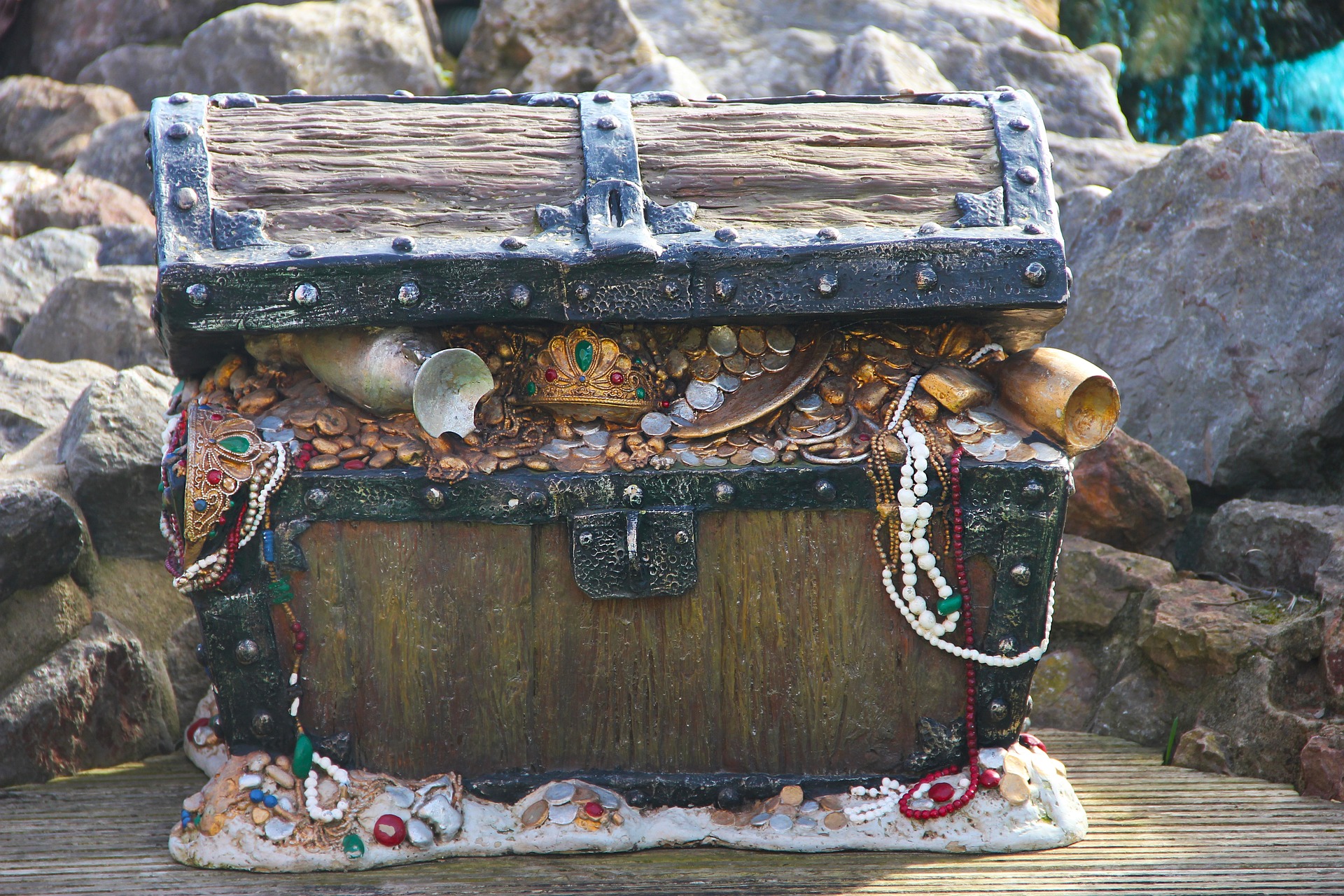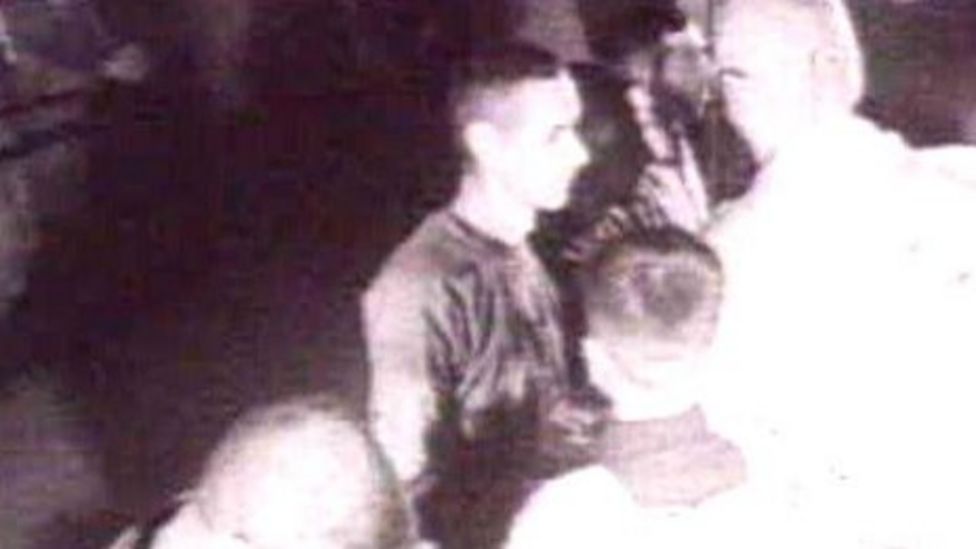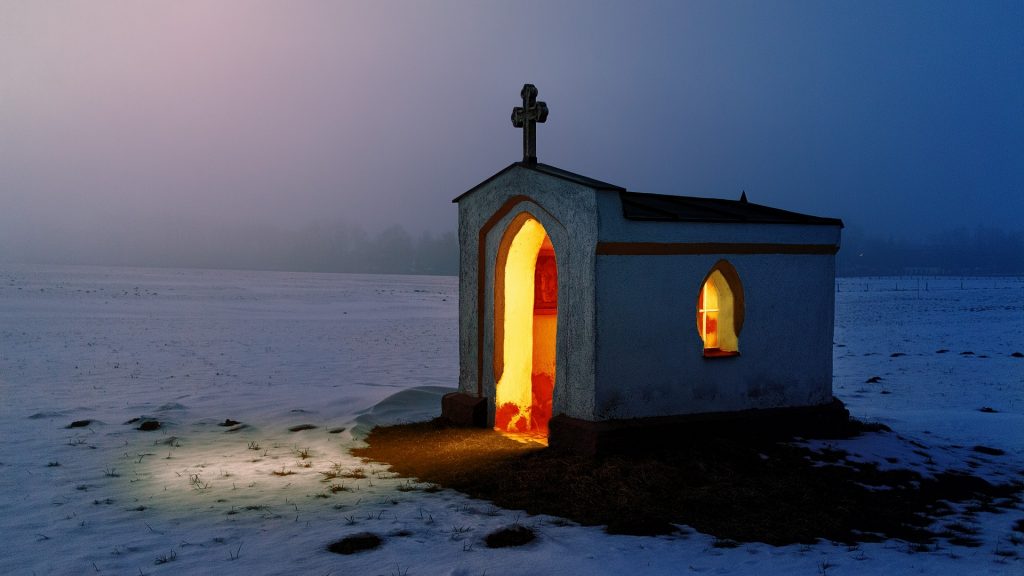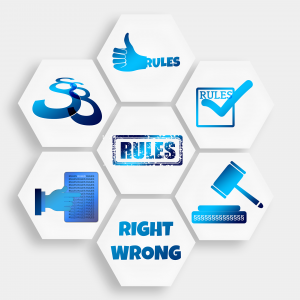Most People Just Drift Through Life Because It Seems Easier
Leading and following can both be scary. Leading means you have the responsibility, and if things don’t go well, you can get blamed. Following requires you to give up control, and we don’t like that either.
Drifting through life without any responsibility and doing whatever we want sounds like the better easier option.

Part of what makes drifting seem like the better plan is not having a bunch of rules to follow. One thing that pushes people away from the church is all the laws that God gave us. They can seem overwhelming.
We all know about the Ten Commandments. But what about the other 613? That’s right, there are actually over six hundred commandments in the Bible.
Whether or not 613 is the exact count is not that important. What is important is that the purpose of the law was to point us to Christ. Galatians 3:24 says, “In fact, the Law was to be our teacher until Christ came. Then we could have faith and be acceptable to God”.
No one can perfectly obey all the commandments, no matter how many or few there are. In fact, no one can obey the Ten Commandments completely. The Law makes our sinfulness evident (Romans 7:7). God gave us the Law to define sin and demonstrate our need for a Savior. Jesus is the only one who has perfectly obeyed the Law. Through His life, death, and resurrection, He fulfilled all of God’s righteous commands (Matthew 5:17-18).
Drifting through life is not God’s plan for us here on earth.
He has given each of us a purpose. Fulfilling this purpose requires taking responsibility. He has given us everything we need to succeed, but it’s up to us to do it. We all have a unique purpose.
It’s up to us to figure out who we are and take the lead to fulfill our purpose.

So, who are you?
You are a unique combination of things that make you, you.
Like me, you may be a husband, a father, a son, a brother, a business owner, a township board member, and a raft of other things. But whoever you are, you are unique.
In Luke 9:18-20, Jesus asks His disciples who people say that He is. Some said John the Baptist, some said Elijah, others said a prophet from long ago. Jesus asked them, “Who do you say that I am?” Peter answered, “You are the Messiah sent from God.”
Jesus knew who He was. Peter knew who He was. The disciple knew who He was. The problem was that they had a misconception of what that meant. They thought He was going to be a powerful worldly king and ruler.
There is no question that Jesus was a popular item and people wanted to be a part of it. These people would say, “I will follow You anywhere.” Then Jesus would lay out the plan for them, and they would come up with all kinds of excuses. Luke 9:57-62
We all do this. We get one thing in our head and then we are disappointed when things aren’t what we expected.
If we believe Jesus is the Son of God and our Savior, then we need to not question Him, but follow Him. It’s all about priorities and what you choose to make most important.
The balance of leading and following is to follow Jesus and lead others to do the same.
